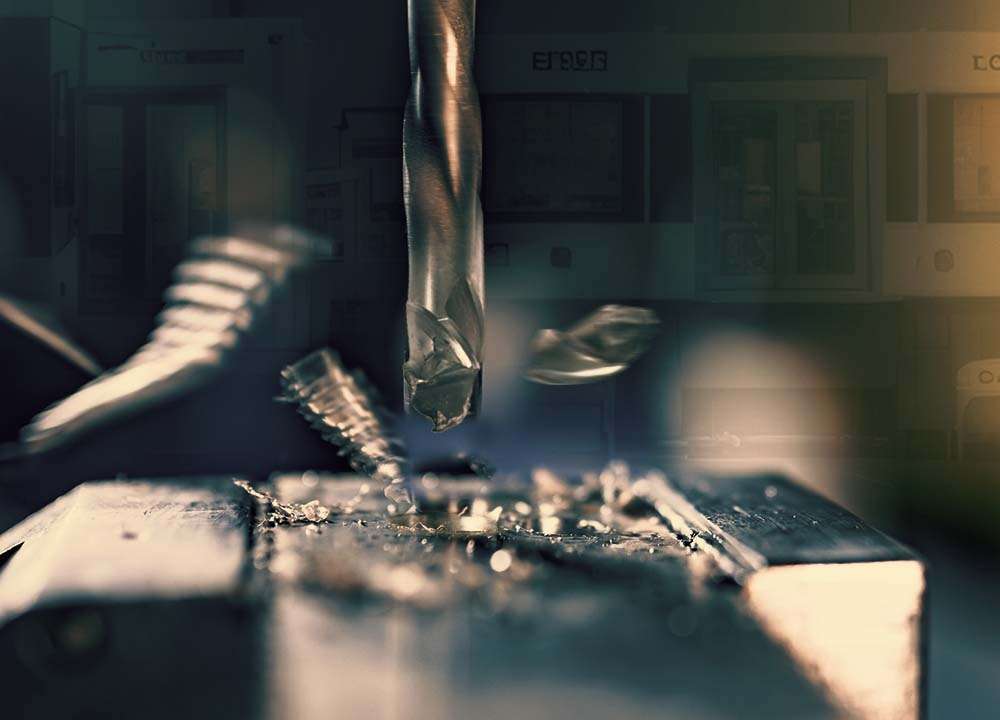Infineon Technologies AG, a leading German semiconductor manufacturer, has launched two XENSIV™ barometric air pressure (BAP) sensors for automotive applications. The KP464 and KP466 are designed to improve fuel efficiency, reduce power consumption, and increase passenger comfort.
The KP464 is primarily designed for engine control management. It measures atmospheric pressure, which depends on altitude and weather conditions, to calculate air density and ensure the optimum air-fuel mixture. This is crucial for improving fuel efficiency and reducing power consumption. The sensor combines density measurement with additional diagnostics, such as manifold air pressure monitoring, to increase device productivity. The device also features lower power consumption and additional package miniaturization.
Meanwhile, the KP466 BAP sensor is intended for seat comfort functions. It allows seat manufacturers to realize innovative pneumatic seat systems with many additional functions that are particularly comfortable and offer clear technical advantages. For example, the multi-contour seat function allows vehicle occupants to adapt the contour of the seat to their individual needs. Air cells integrated into the lumbar support and seat cushion allow the seat to adapt to the body. Massage functions further enhance the passenger comfort on long journeys by alternately inflating and deflating the air cells. The driving dynamics function automatically adjusts the seat’s side bolsters to the current driving situation, ensuring optimum stability for occupants, even when cornering.
The optimized solution consumes significantly less power and features a miniaturized five-hole housing. The system constantly monitors the pressure status and adjusts the pressure in the cushions according to the current requirements. The Infineon sensors are SPI enabled, allowing the system to communicate efficiently.
Both the KP464 and KP466 sensors are high-performance, high-precision, miniaturized digital absolute pressure sensors based on the capacitive measurement principle. The sensors are qualified to the AEC-Q103-002 standard to meet automotive industry requirements. As a result, the devices reduce the effort and risk of errors during module and system qualification. They are micromachined on the surface and feature a monolithic integrated signal conditioning circuit. Both devices convert a physical pressure into a 10-, 12- or 14-bit digital value and transmit the information via the SPI interface.
In addition, both sensors can be integrated in a so-called daisy chain, which minimizes the number of connection pins of the communicating microcontroller with any number of pressure sensors used. This is also possible in combination with other Infineon system components.
Furthermore, a temperature sensor is integrated on the chips. Based on the received SPI command, the 10-, 12- or 14-bit temperature information is also transmitted via the SPI interface. Both devices have a special power-down mode that allows the user to further reduce the power consumption of the sensors. In addition, the sensors integrate a diagnostic function that can be used to test both the sensor cells and the signal path, increasing the reliability of the devices. This diagnosis can be done automatically at sensor start and sensor wake-up or triggered directly via a SPI command.
Infineon will showcase the KP464 and KP466 sensors at the upcoming Eurobike 2023. The event will provide an opportunity for Infineon to demonstrate the innovations to industry professionals and potential customers.
The launch of the KP464 and KP466 sensors is part of Infineon’s commitment to developing cutting-edge semiconductor solutions for the automotive industry. The company has a strong track record of innovation and has been at the forefront of semiconductor technology for over 70 years. Its products are used in a range of applications, including automotive, industrial, and consumer electronics.
The automotive industry is undergoing significant changes, with a growing focus on sustainability and innovation. Infineon’s new sensors are designed to meet these challenges by improving fuel efficiency, reducing power consumption, and increasing passenger comfort. With its strong reputation for innovation and expertise in semiconductor technology, Infineon is well-positioned to play a leading role in shaping the future of the automotive industry.







